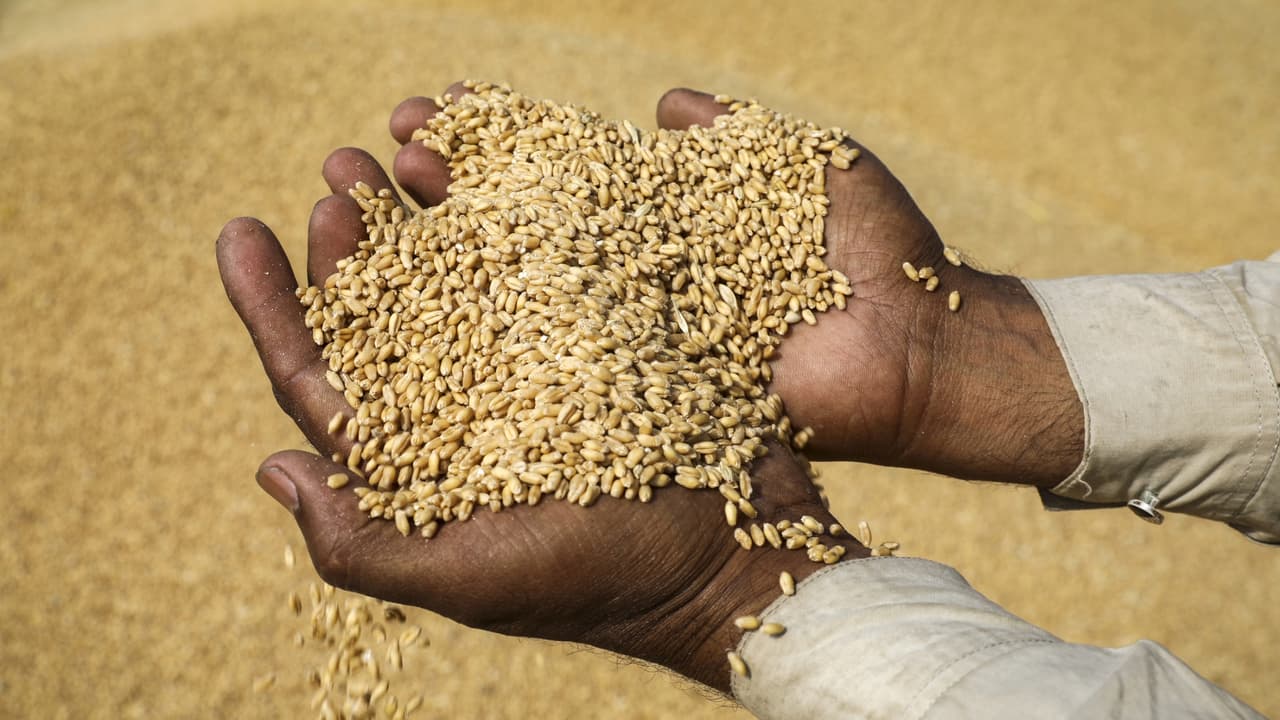Pakistan: Severe wheat shortage sparks mass protests in Gilgit-Baltistan as residents battle soaring prices, power cuts and decades of political neglect under Islamabad’s control.
New Delhi: Gilgit-Baltistan is once again on edge. A severe wheat shortage has pushed thousands into the streets, with families queuing for hours outside ration centres and traders warning of unrest if supplies are not restored. Local residents say the crisis did not emerge overnight — it is the result of years of disregard by Islamabad and a system that keeps the region dependent while offering none of the rights enjoyed in Pakistan’s provinces.
Protests Spread Across Gilgit, Skardu, Hunza
For the past month, towns across Gilgit, Skardu, Ghizer and Hunza have reported erratic wheat deliveries. Subsidised bags that normally keep household budgets afloat have become scarce. Prices in local markets have jumped, making the staple unaffordable for many. In a harsh winter region where imported wheat is essential, the anger has been immediate and intense.
Residents accuse federal authorities of “punishing” the region by cutting subsidies instead of addressing structural issues. Many allege that wheat is being diverted elsewhere as part of a broader pattern where GB’s needs are pushed aside in favour of projects and priorities decided in Islamabad. Local officials have issued routine assurances, but the gap between demand and supply continues to grow.
20-Hour Power Cuts Compound Misery
The wheat shortage has come at a time when Gilgit-Baltistan is also facing long hours of electricity cuts. Several neighbourhoods report more than 18–20 hours of outages a day. Small shops, hotels and bakeries are operating on borrowed time, with many struggling to keep food from spoiling or machinery running.
Residents say the crisis exposes a wider problem: Pakistan has kept the region in constitutional limbo for decades. Gilgit-Baltistan has no representation in Pakistan’s National Assembly or Senate. It cannot access the Supreme Court for remedy. The administration functions through orders issued from Islamabad, leaving locals without control over their resources or future.
Civil Society Questions Pakistan’s Rule
Civil society networks in the region say the feeling of alienation has grown stronger in the past year. People have become more vocal about what they see as repeated injustices — land taken for federal projects without consultation, hydropower generated inside GB but sent to other provinces, and a system that treats the region as a supply zone without offering any real benefits in return.
Protests over wheat prices last winter had already signalled deep frustration. This year’s crisis has revived that sentiment. Videos from various towns show long queues of women and elderly residents waiting with tokens, clutching empty bags. Many say they have gone home empty-handed for days.
Traders’ bodies and student groups have joined the demonstrations, accusing the Pakistan government of mismanaging stocks and allowing a humanitarian problem to grow. Some banners carried during the protests openly questioned Pakistan’s rule over the region, arguing that the crisis reflected a “deliberate neglect” of a population with no political voice.
Gilgit-Baltistan’s administration has blamed supply delays and transport hurdles, but residents say the explanations no longer hold. They argue that Pakistan has ignored repeated warnings from local leaders about shortages and rising discontent. The situation has fuelled calls for greater autonomy and control over food, water and land decisions.
New Delhi Weighs In on GB’s Status
India maintains that Gilgit-Baltistan is part of the Union Territory of Jammu & Kashmir under the 1947 Instrument of Accession. New Delhi has consistently objected to Pakistan’s activities in the region, especially its handling of local resources and CPEC-related land acquisitions. The worsening humanitarian situation adds another layer to that long-standing dispute.
For now, the wheat queues continue to grow. Residents say they are tired of living at the mercy of policies framed far away. With winter deepening and supplies still uncertain, the crisis has become more than an economic hardship. It has become a statement that a region rich in rivers, mountains, and possibilities is being left to struggle for its daily bread.
